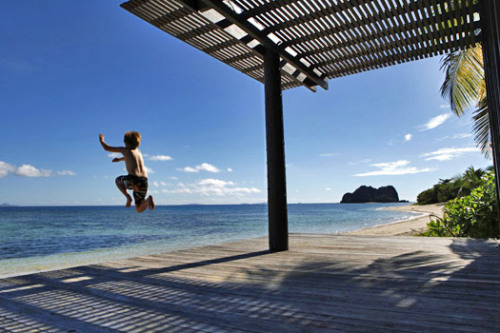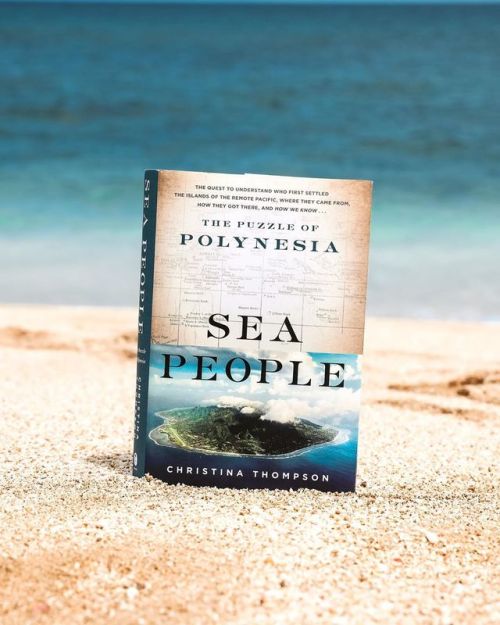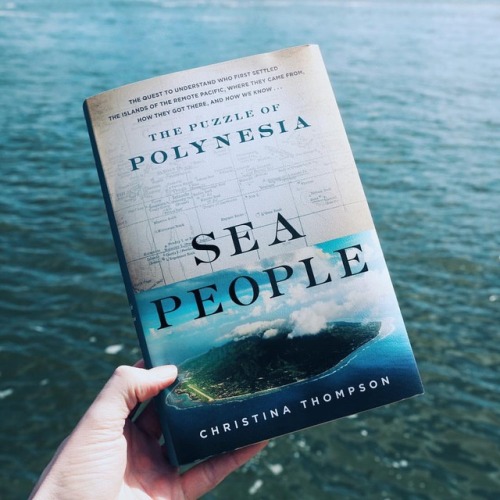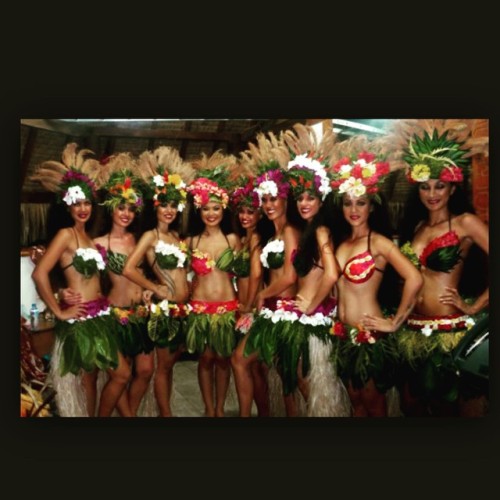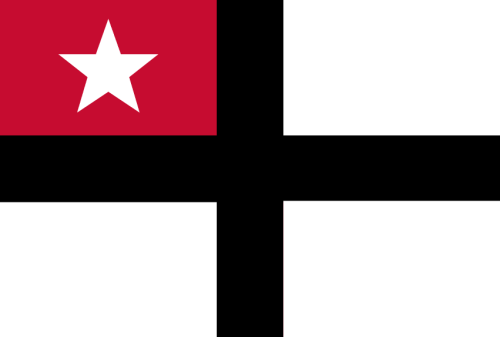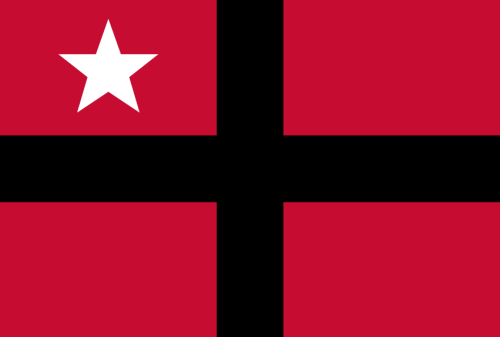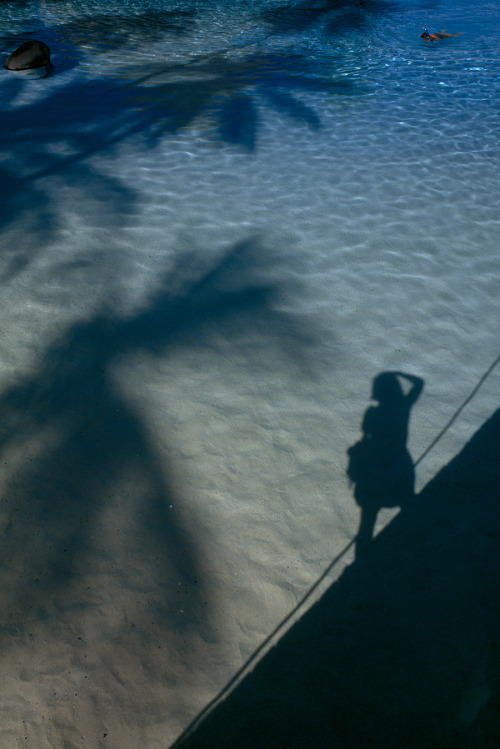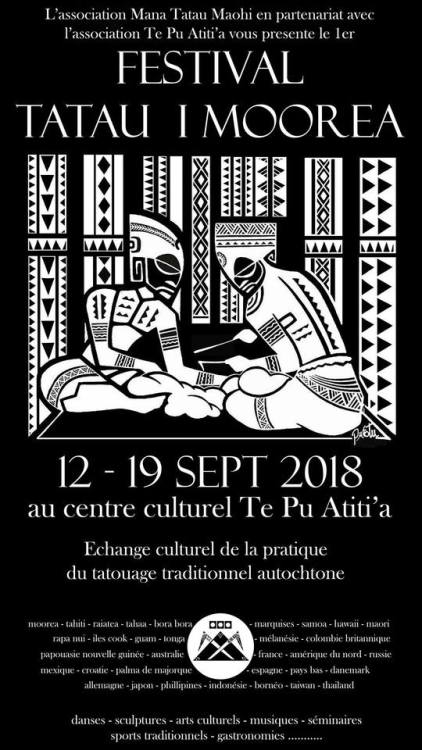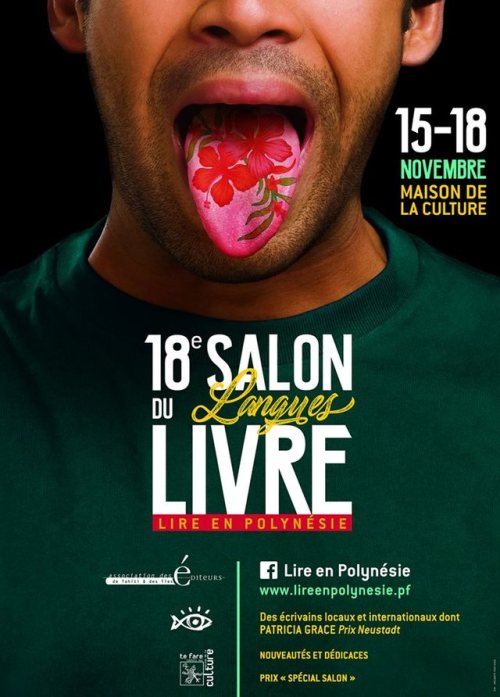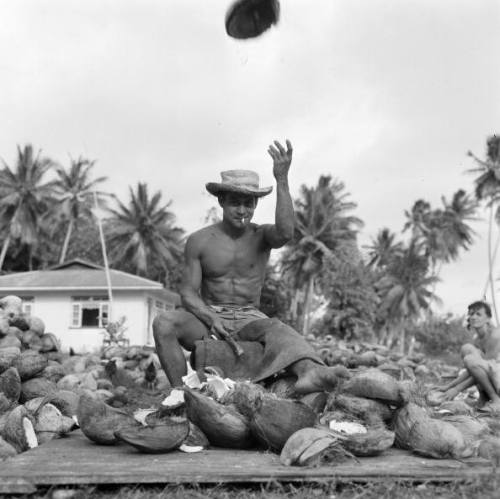#polynesia
The Mysterious Stone Monuments of Nuku Hiva
The French Polynesian island of Nuku Hiva is home to a selection of strange stone monuments scattered throughout the landscape. While some claim they are depictions of ancient Nuku Hivan deities, ufologists believe they are evidence of alien contact on Earth.
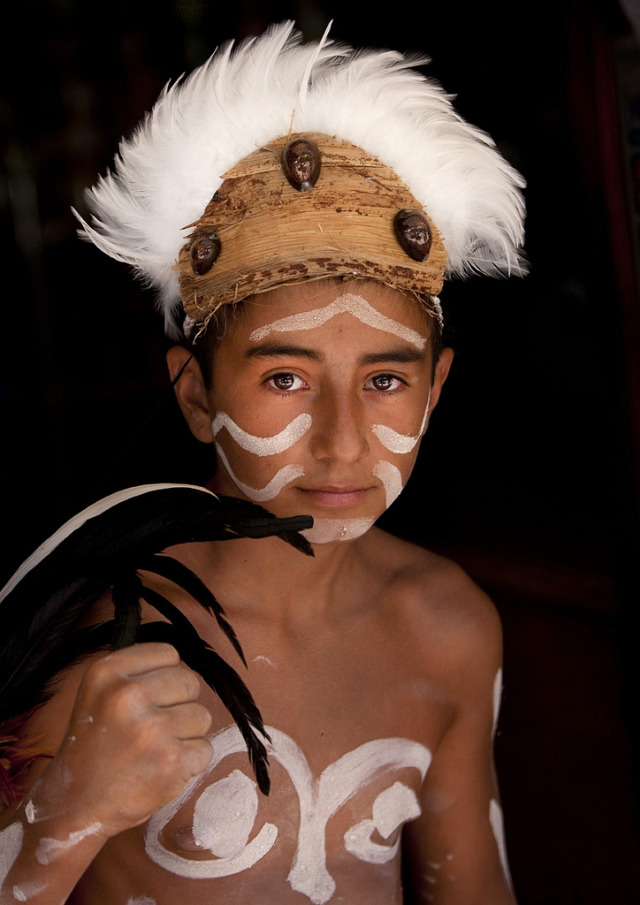
Rapa Nui child, Rapa Nui, by Eric Lafforgue
Beach readers! What are you taking with you this weekend? We recommend #SeaPeople: The Puzzle of Polynesia by #ChristinaThompson, photographed here on the North Shore of Oahu, Hawaii. @npr raves “Sea People is a roaring success.… A deeply interesting read, and at points incredibly moving.”
.
.
.
#IGreads #bookstagram #currentlyreading #Polynesia #Hawaii #Oahu #aloha #historybook #explore #oceania #polynesian #maori (at North Shore, Oahu, Hawaii)
https://www.instagram.com/p/B0Yrybypw5E/?igshid=1rqhcgiors1lr
Post link
@natgeo calls #ChristinaThompson’s #SeaPeople (@seapeoplebook) ”Compelling…These pages will unleash the imagination [and] spark insight.” Embark on the quest to uncover who first settled the Polynesian islands of the remote Pacific, where they came from, how they got there, and how we know. On sale today!
.
.
.
.
#seapeoplebook #bookstagram #igreads #polynesia #travel #history #hawaii #aloha #explore #explorer #travelreads
https://www.instagram.com/p/Bu6-jkrBOxP/?utm_source=ig_tumblr_share&igshid=1mplk9xcerv26
Post link
#TahitianProverb “Catch the bird but watch for the wave”
In the islands of the Pacific Ocean, we dance with our hips, hands, and body language. Stories of old are shared in the motion of our hips as they sway like the waves of the seas or with our hands and legs to demonstrate a legend of old. Come children, listen to our stories. Look up to the sky and dream but don’t forget to watch the waves also. #MondayProverbs #Storytelling #LessonsLearned #Tahiti #Samoa #Tonga #Aotearoa #island_Girls_rock #Life #IslandLiving #Rarotonga #Guam #Fiji #Micronesia #Polynesia #Melanesia #Pasefika
Post link
#WednesdayFinancialFeature A Goal means nothing if not backed by a plan of action , a plan of action means nothing without a schedule , a schedule means nothing without a why……so what is your why?
* Start with your Whys.
Why do you do what you do every day?
What motivates you?
What is your Vision statement?
* Write your plan of Action
List the Steps needed to achieve your Vision.
Do what makes you uncomfortable
Work! Nothing can compensate for Work.
Work Smarter not harder.
Stretch yourself!
Step out of Comfort Zone
* EACH WEEK Schedule your time.
Map out what will happen each hour of your day.
Work Efficiently.
Prioritize your tasks.
Read 7 habits of Highly Effective people and develop these great habits! #Island_Girls_Rock #TheMoreYouKnow #KnowledgeIsPower #Dream #Vision #Samoa #Tonga #Tahiti #NewZealand #Fiji #Polynesia #Micronesia #Melanesia #TagataPasefika #Oceania
Post link
Matariki’s themes are stars, harvest and peace. Her symbols are stars and the number 7. In Polynesian tradition, this Goddess and Her six children became the Pleiades, and they continue to help humans by showing us when to begin harvesting the labors of hand or heart.
From mid- to late November the people of Hawaii take part in special rituals to celebrate the appearance of the Pleiades in the skies, which is the beginning of harvest season. In reverence for this occasion, all war is forbidden. It makes one wish that Matariki and her children appeared around the world all the time!
To the Maori, the Pleiades are Matariki and her six daughters: Tupu-a-Nuku, Tupu-a-Rangi, Wai-Tii, Wai-Ta, Wai-puna-Rangi, and Uru-Rangi. Matariki is the Māori name for the seven-star constellation that rises in the north-east before dawn in late May/early June. In Western astronomy it is known the Pleiades, and it forms the shoulder of Taurus the Bull. Matariki marks the start of a new phase of life. It is a time of festivity for Māori, the tangata whenua, or first people of New Zealand. Matariki is an important time in the Māori calendar and is associated with the start of the cold season when the pātaka kai (food storehouses) are full and the land is at its most unproductive.
The Matariki star constellation marked a time for starting all things new, this was a particularly important period for new crops to be planted and the preserving of old crops to be finished. When Matariki was sighted ceremonial offerings of food were planted for the gods Uenuku and Whiro to ensure a good harvest for the coming year. Even the stars themselves were looked upon for guidance as to how successful the coming season would be; the brighter the star constellation the warmer the year was destined and the better the harvest was thought to be.
Matariki is the Māori name for the cluster of stars also known as the Pleiades. It rises in mid-winter – late May or early June. For many Māori, it heralds the start of a new year. Matariki literally means the ‘eyes of god’ (mata ariki) or 'little eyes’ (mata riki).
#islandgirlsrock #spiritualsunday #polynesiangoddess #islandwoman #polynesia #pacific #matariki
Post link
“I realized that true beauty is what’s inside and accepting myself for who I am.”
Dinah Jane Milika Ilaisaane Hansen Amasio known as Dinah Jane Hansen (b. June 22, 1997) is a member of the band Fifth Harmony. She is the youngest in the music group.
Born and raised in Orange County, CA, Dinah is of Polynesian heritage, specifically Tongan. She has stated that her mother remembers the first time she heard her sing “Happy Birthday” at only 4 years of age. She sang the National Anthem in public at age 7 in Sacramento, California. Since then she has been singing at various events in Orange County. She was introduced to music producers and songwriters, including Pacific Big Dave Icon Management Group (PIMG), Kennedy Mailo, Trey Smoov, MsBrown, and Baby J. Hansen, and sang songs of her idols Beyoncé, Leona Lewis, Mariah Carey, and Etta James. Dinah has been said to be similar to Beyoncé due to her having a powerful voice.
Dinah auditioned for The X Factor with the song If I Were A Boy by Beyoncé. L.A. Reid said that she took the song to places that even Beyoncé didn’t, which is a massive compliment. If the star Dinah can outshine even Beyoncé there is no telling what she can do next.
#islandgirlsrock #islandgirl #polygirl #polynesiangirls #tongangirls #taahinetonga #wcw #celebritywednesday #pasefika #polynesia #tonga #southpacific #saipan #chuuk #guam #marshallislands #hawaii #tuamotu #rapanui #tahiti #marquesas #samoa #fiji #fifthharmony #xfactorusa (at Moana Nui Utah)
Post link
Various Flags of the Kingdom of Samoa
T-B
L-R
Tupua Tamasesse (1887-1889)
Tuiaana dynasty (1875-1888, 1889-1900)
Malietoa dynasty ( 1875-1887, 1889–1900 )
Post link
Palm trees and a photographer cast shadows on the ocean’s surface near Tahiti Island, Polynesia, May 1996.Photograph by Jodi Cobb, National Geographic Creative
Post link

by Peter Munro for The Age of Melbourne - Aug. 28, 2015:
Perched within cooee of the king – at a long table topped with suckling pigs, lobsters, coconuts and big blocks of supermarket chocolate – is Joey Joleen Mataele. She’s hard to find among the hundreds of nobles gathered on a grassed oval to celebrate the coronation, on a steamy day of singing, dancing and double desserts in the Kingdom of Tonga.
A local takes me to her table, past a handful of male waiters wearing white blouses and heavy make-up – their lips red, eyebrows plucked and chests waxed. “Some of them are more graceful than girls,” my guide says. “They are reliable workers. A lot of people depend on them.”
We spot Mataele sitting at a table reserved for dignitaries, dressed in a snug fuchsia twinset with two strings of white pearls and her dark hair in a bun. She greets me with a light kiss.

She’s the very picture of a glamorous, well-connected woman in a country with a keen sense of knowing your place. The fact that she was born a man hasn’t dented her standing in high society.
Mataele holds a curious position in the Polynesian archipelago. She’s not considered a cross-dresser, despite the dresses she wears. She’s not gay, despite being attracted to other men.
She’s a “fakaleiti”, a term that translates roughly into “like a lady”. She’s among a prominent category of transgendered men in the South Pacific – from Fiji to Samoa and Tuvalu – who don’t fit neatly into Western definitions of sexuality.
Whether leitis (lay-tees) are born female or nurtured is another curiosity. Some effeminate young boys are encouraged to act as girls by parents wanting help with household chores. Others feel they’ve always been female, despite their anatomy.
“I am a woman trapped in a man’s body,” Mataele says. “I might have been born with male genitals but 99 per cent of my hormones are female. A leiti is a person who acts like a lady, lives like a lady, talks like a lady, sleeps like a lady and dresses like a lady. People say we choose to be what we are but I didn’t choose to be a leiti – I was born like this.”
She takes me for a walk among the noble families in the Tongan capital Nuku'alofa, who are gathered ahead of the coronation of King Tupou VI, in July. What’s striking is how visible leitis are in this conservative Christian country, where their supporters include members of the royal family. Today, some, like Mataele, are happily feasting in the sun. Many more are busy preparing and serving food.
In Australia, transgenders are typically on the fringes of mainstream society. In Tonga, they sit close to the king – or wait on his table, at least.
But leitis still struggle against discrimination and prejudice, Mataele says. “I have been forced to act like a male and talk like a male by a brother of mine, but it never worked. I felt like I was lying to myself,” she says.
“The leiti or transgender women community here is very visible but at the same time they are still respectful of the culture in our little kingdom,” she adds. “Leitis are seen as helpers. They’re chefs, they’re decorators, they’re hairdressers – that’s what we’re known for, as a helping hand.
"But when it comes to decision-making, we’re nowhere to be seen. It’s like we’re in the system but out of sight.”
>>>>>>>>>
A closet of bright-coloured dresses awaited the arrival of Sonia Inesmorgan Kivalu, the fifth child of poor parents on the outlying Tongan islands of Vava'u. Her mother felt she would be a girl, right through the pregnancy. She readied the house, rearranging the bedroom her new daughter would share with her older sister.

Kivalu, 40, has a photograph of herself wearing a dress, taken not long after she was born a boy. That she wasn’t what her mother had expected mattered little. “She wished I was a girl and she prepared everything for me to be a girl,” she says, smiling. “And when I am born, I am not.”
She stands by a window inside a small hair salon in Nuku'alofa, holding a hairdryer in one hand and in the other a cigarette, which she puts to her bright-red lips. The mud-brown salon is on a busy road by a dirt yard busy with puppies, ducklings and children.
Kivalu is lean with a bob of thick black hair and wearing a yellow blouse, tight black pants and matching heels. “When I was a kid, I always wanted to play with the girls,” she says. “I liked to wear my sister’s lipstick. It felt natural.”
While her six brothers planted crops with their father, she helped with the domestic chores that are typically reserved for females in Tonga. At age 16, she left school to work in a hair salon. “All my life I feel like a woman. Inside of me, my heart, my brain, everything, I’m a woman,” she says.
I ask whether that was her choice or her mother’s. She tells me that’s the wrong question. “It is not my choice. It is not her choice. I am born like this.”
Cultural anthropologist Niko Besnier, who has done extensive fieldwork in Tonga, says parents sometimes encourage a young boy to assume a more feminine role at home. But he debunks the myth that some boys, particularly those in families with few or no daughters, are forced to become female.
“When a child looks a bit effeminate, mothers will encourage him. Mothers are just tickled by having a boy who becomes a leiti and will put on him frilly clothes and make him dance,” he says. “So if a five-year-old boy is the only one around and there is laundry that needs to be done, a mother may say ‘Do it’. And if the boy is a good worker, not only will he be asked to do it over again but that may well forge into his identity if he wants to be a fakaleiti.
"Does that mean a parent will purposely bring up a boy as girl? Absolutely not. But there may be some subtle encouragements that mothers and sisters can give.”
Professor Besnier, from the University of Amsterdam, estimates there may be some 250 leitis in Tonga. The acceptance of leitis within Tongan society is based on the strength of the kinship system, he says. “There is a normalcy to people’s relationships with them which is very striking to people from the outside,” he says.
“Leitis are somebody’s daughter or son, somebody’s brother or sister. People are not going to reject them in the same way parents might reject gay or lesbian or transgender children elsewhere.”
But it’s a strange kind of acceptance. Outside the home, leitis work primarily in traditional female roles, such as cleaners, cooks or hairdressers. Professor Besnier says this reflects, in part, the low socioeconomic background of many leitis.
One leiti I meet, who works as a caterer, says she would like an office job organising building projects but fears she wouldn’t be accepted by her colleagues. “They would give me funny looks and giggle,” she says.
“When you are a man you have to do a man’s work. When you’re a woman you have to do women’s work.”
Leitis find themselves somewhere in between. They still face discrimination from some quarters in the predominantly Christian country. In May, members of one church protested outside a fakaleiti conference with banners describing them as “immoral” and “evil people”.
At the hair salon where Kivalu works, Bible passages are stuck around a mirror warning against fornication. Salon owner Iloa Tuineau, 40, says he stopped being a leiti after joining a local Pentecostal church, in 2012. He burned some of his dresses and cut his hair into short, dark curls. “When we have God in our lives we cannot call ourselves leitis because it is a sin,” he says.
“I don’t hate them but I pray for them. God doesn’t want to punish his people. But they must repent or they go to hell.”
>>>>>>>>>
The morning after the nobles feast, Joey Joleen Mataele is dressing for mass in her rambling white house between two churches. Her adopted daughter Tamara, 12, leaves early for the service. In the living room a bookshelf is filled with religious icons and a commendation signed by King Tupou V.
The sound of church bells and gospel choirs drifts in through an open window. Mataele says she first wore a dress in public at the age of 14, while walking into church with her grandmother. “I felt good. I felt that I had proved what I am,” she says.
Today, she’s singing in the church choir, where she stands a head taller in her heels than the other women in her pew. The homily is about the importance of love and the role that each person has to play in life.
Mataele says that her Catholic priest cares more about her contribution to church than her fashion choices. After the service, she rushes off to another royal feast – one of many in the week-long coronation celebrations.
Over in west Nuku'alofa, Venus Fonua dresses casually in black jeans, a grey fitted T-shirt and red thongs, with her long black hair in a ponytail and an orange flower behind her right ear. Fonua, 26, is a former winner of the Miss Galaxy Pageant, an annual beauty and talent show for fakaleitis. Categories include “condom creation”, where Fonua won by wearing a multi-coloured cocktail dress made from condoms to promote HIV and AIDS awareness.
We meet later at a bar in the main street of Nuku'alofa, where the balcony overlooks a stream of people returning from a military parade for the new king. Fonua says her boyfriend is in the Tongan military. He’s straight, she adds. “When it comes to the sexual part, I am trying very hard to play a women’s role,” she says. “Tongan men are very horny. They are not gay but I think they really enjoy the way we work it. They are doing to me what they do to the girls.”
“I believe I am a woman so I am not liking a man who is liking a man. I find it very weird when I see gay people.”
Homosexuality remains outlawed in Tonga. But Professor Besnier says sex between a leiti and a heterosexual man is common. “It is someone with a penis having sex with another person with a penis but that doesn’t make it homosexuality in the sense we understand it,” he says. “When a straight man has sex with a fakaleiti, he is not attracted to her body as a gender male. He is attracted to the fact he can do certain things women won’t do, such as suck dick.”
He reckons the number of leitis is growing as Tonga becomes more complex and nuanced, along the lines of more liberal Western cities in Australia and New Zealand.
But Fonua says she faces less discrimination in Nuku'alofa than when visiting Sydney recently, on holidays. “I find life here for leitis is very normal. I don’t get much discrimination, people respect me so much. "They say it is very open in Australia but I find it hard when I go over there because they don’t respect you, they look you up and down with a bad look.
"When people give me that look I don’t back down or bow down,” she says, clicking and waving her fingers like a diva. “You’ve got to be strong to be a woman.”
I’m a Palauan illustrator and comic artist looking to make a series of short comics based on legends and traditional stories from the Pacific. Not something I’d be physically publishing or profiting off of, just a personal project I’d like to see come to life. I’m perfectly capable of doing the research myself but would prefer to make it more of a community project SO if you have roots in the Pacific and have a favorite tale you’d like to see in a 10-20 page comic format, please please please message me!! I’d love to hear from as many voices and cultures as possible!
The MANA TATAU MAOHI association presents a Festival of cultural exchange of traditional and contemporary tattooing.
Tattoo artists from around the world and all kinds of artists will be present for a week at the TE PU ATITI'A cultural center in MOOREA.
Post link
Pina’ina’i 10.18 - Pae Pae a Hiro de la Maison de la Culture. Tahiti - Crédit photo : Tahiti Zoom
Post link








